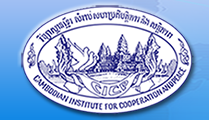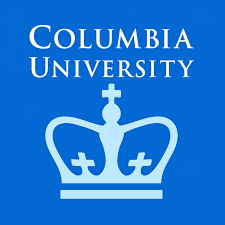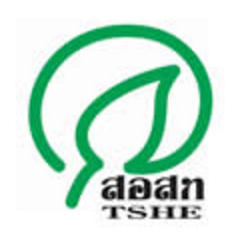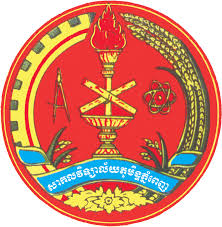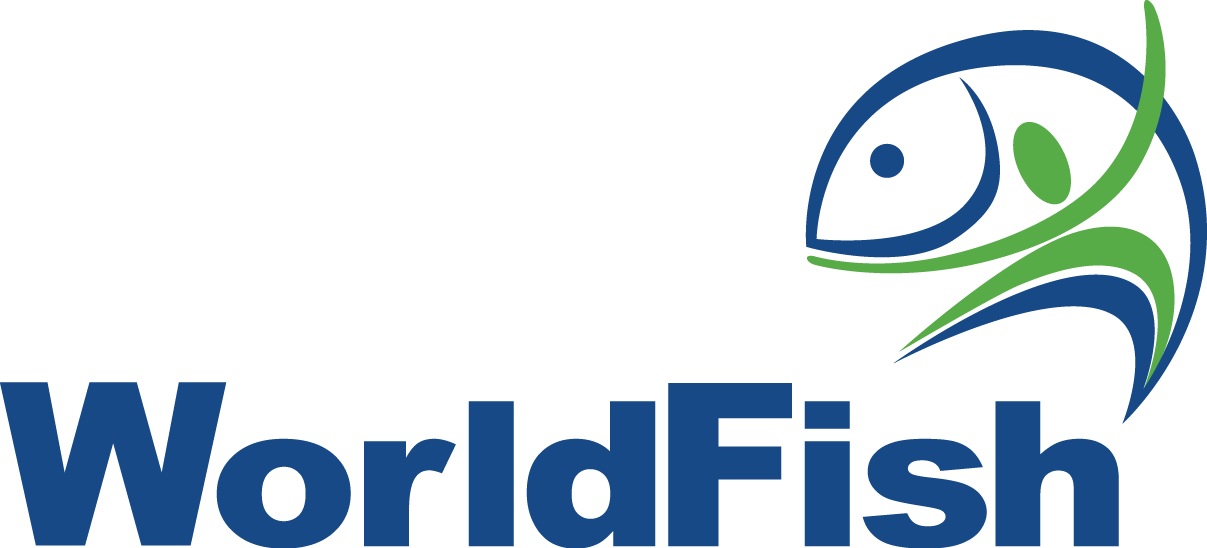Princess Maha Chakri Sirindhorn Anthropology Centre
The Princess Maha Chakri Sirindhorn Anthropology Centre (public organization) (hereafter "SAC") is an non-profit academic institution that was initially established by Silpakorn University, Bangkok, Thailand in 1991 in commemoration of Her Royal Highness Princess Maha Chakri Sirindhorn's 36th birthday. The SAC was established in Her Royal Highness's honor and seeks to fulfill her wish to establish and develop a national institution responsible for the systematic gathering, processing and servicing of anthropological data.






